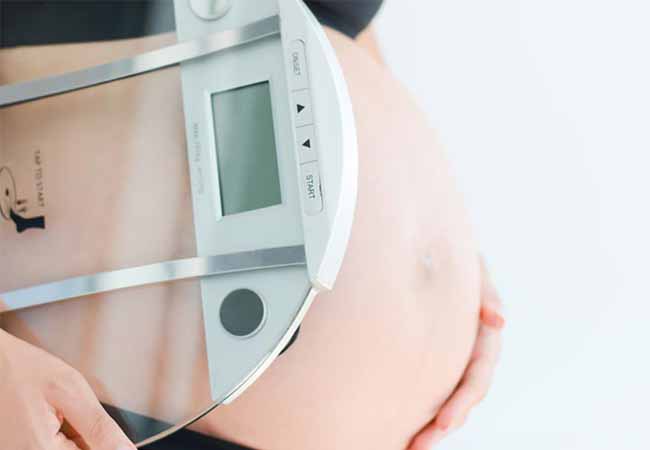-
Tips for becoming a good boxer - November 6, 2020
-
7 expert tips for making your hens night a memorable one - November 6, 2020
-
5 reasons to host your Christmas party on a cruise boat - November 6, 2020
-
What to do when you’re charged with a crime - November 6, 2020
-
Should you get one or multiple dogs? Here’s all you need to know - November 3, 2020
-
A Guide: How to Build Your Very Own Magic Mirror - February 14, 2019
-
Our Top Inspirational Baseball Stars - November 24, 2018
-
Five Tech Tools That Will Help You Turn Your Blog into a Business - November 24, 2018
-
How to Indulge on Vacation without Expanding Your Waist - November 9, 2018
-
5 Strategies for Businesses to Appeal to Today’s Increasingly Mobile-Crazed Customers - November 9, 2018
Weight Loss Can Improve Ovulation Rate for Obese Women
Future research needs to be conducted to determine whether or not these changes can also help polycystic ovary syndrome patients who are not overweight improve their fertility. Extra pounds are a well known risk factof of developing polycystic ovary syndrome. An endocrine disorder, it is characterized by the abnormal levels of male-related hormones such as androgens and testosterones, which can disrupt the ovulation period. They can also lead to weight gain, acne, growth of facial hair and the thinning of hair on the head.
Advertisement
PCOS is the most common cause of infertility and impacts almost 5 million women in the United States.
It was discovered that exercises leading to a weight loss can offer them higher chances of carrying a baby, as they improve ovulation for those suffering of PCOS, a medical condition that hinders women from becoming pregnant. Fertility can improve with healthy habits alone or in conjunction with additional treatments. Some of them had to combine the birth control pills with exercises, while others only took birth control pills. Previous studies have demonstrated that short-term courses of birth control pills can improve fertility in women with the condition.
Researchers in the study examined the differences in success rates for women trying to get pregnant that were now suffering from PCOS.
Women who underwent mainly lifestyle modifications or a combination of birth control pills and lifestyle changes fared better in terms of their overall health.
After four months, women were given medications to induce ovulation in about four cycles.
Women recruited in the study were split into three groups- an oral contraceptive arm, lifestyle arm, and combined arm – where the oral contraceptive arm served as the control. Among the first group, 5 of the 49 women gave birth, while in the second and third group, 13 of 50 and 12 of 50 respectively had children. The results from a study covering 150 subjects that were overweight and obese and who suffered from PCOS, but not from any other disease showed that fertility rates were highest amongst those who adopted changes in their lifestyle by both switching to healthier ways of eating and exercising. In addition, women in the lifestyle and combination arms of the study had better insulin sensitivity and lower levels of triglycerides – a type of fat found in the blood – than women who took birth control pills.
Advertisement
“The research indicates preconception weight loss and exercise improve women’s reproductive and metabolic health”, Dr. Legro said.





























